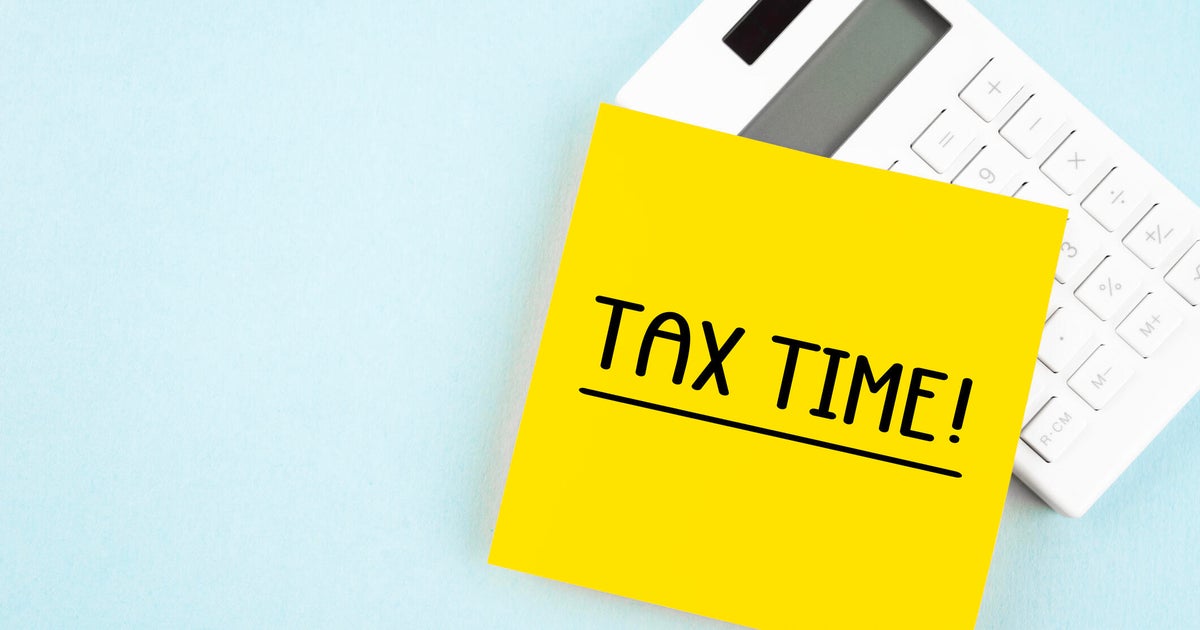Gold IRA vs. gold ETF: Which is right for you?
If you're looking to take advantage of today's competitive gold prices and diversify your portfolio with the precious metal, there are a few different options.
One way you might hold gold is by storing actual gold coins or bars — however, this method requires you to physically secure your gold in a safe place, which might get costly.
To avoid the hassle, you might instead choose different investment account types that allow alternative investments like gold. Below, we'll go through the details and differences between two of these options, and how to decide which may be right for you.
Before you get started, learn more about adding this type of investment to your portfolio with a free gold information kit.
What is a gold IRA?
A gold IRA is similar to other individual retirement accounts designed for your retirement savings. Technically, IRAs you use to invest in gold are self-directed IRAs. This means that you manage all of the assets the account holds.
Like standard IRAs, gold IRAs are tax-advantaged accounts. You can choose between a traditional IRA (using pre-tax dollars that are taxed upon withdrawal) or Roth IRA (with after-tax dollars that grow tax-free until you withdraw). The IRS limits the amount you may contribute across IRAs each year, which you should keep in mind if you plan to open multiple IRAs or you already have a standard IRA. For 2023, the contribution limit is $6,500.
If you choose to invest in gold with an IRA, you'll need to follow the rules required by the IRS. While the agency doesn't allow collectibles to be held in IRAs (and considers gold a collectible) it does make exceptions for certain types of qualifying gold bullion and other precious metals.
You'll also need to invest with an eligible custodian, like an approved nonbank trustee or custodian. The custodian you choose will generally help you set up your account, make the gold purchase and provide options for storage.
Speak with a professional to learn more about gold investing, including requirements and the options available to you today.
What is a gold ETF?
You may already be familiar with exchange-traded funds (ETFs) if you have a market-based investment portfolio. In practice, ETFs are similar to mutual funds; these funds typically hold a few different assets or types of investments and are traded on exchanges.
Gold ETFs also help you avoid the physical storage requirements of gold bullion — the funds you choose hold physical gold and follow gold prices over time, or invest in companies involved with the production of gold.
You can invest in a gold ETF with an online brokerage. Like with any new investment, it's important to look into the fund's past performance as well as any fees you might have to pay before you buy in.
How to choose the right type of gold investment for you
Investing a portion of your portfolio in gold can help you diversify your holdings — which may help keep you better prepared for times of uncertainty or market volatility.
Your individual goals and risk assessment can help you determine which type of gold investment might make most sense for you.
A Gold IRA may be a better option if you're focused on retirement savings and want to benefit from tax-advantaged growth over time. Just make sure you pick a custodian that will simplify the process of choosing eligible forms of gold and keeping it secure. You might instead choose a gold ETF, on the other hand, if you're looking for liquidity and want the freedom to more easily move around your investment. Because you buy these funds through brokerages, the process can be simple. A trusted financial advisor can also help guide you through investment options.
But it's also important to remember that these gold investments aren't necessarily mutually exclusive. You may choose to use an eligible custodian and make qualified gold investments in a self-directed IRA. But you can also use an IRA to invest in funds that hold physical gold assets and generally track with gold prices or other gold-related funds.
Consider speaking with a financial professional who can help you work out the best investment plan for you.
Learn more about all the best gold investment options available today here.




